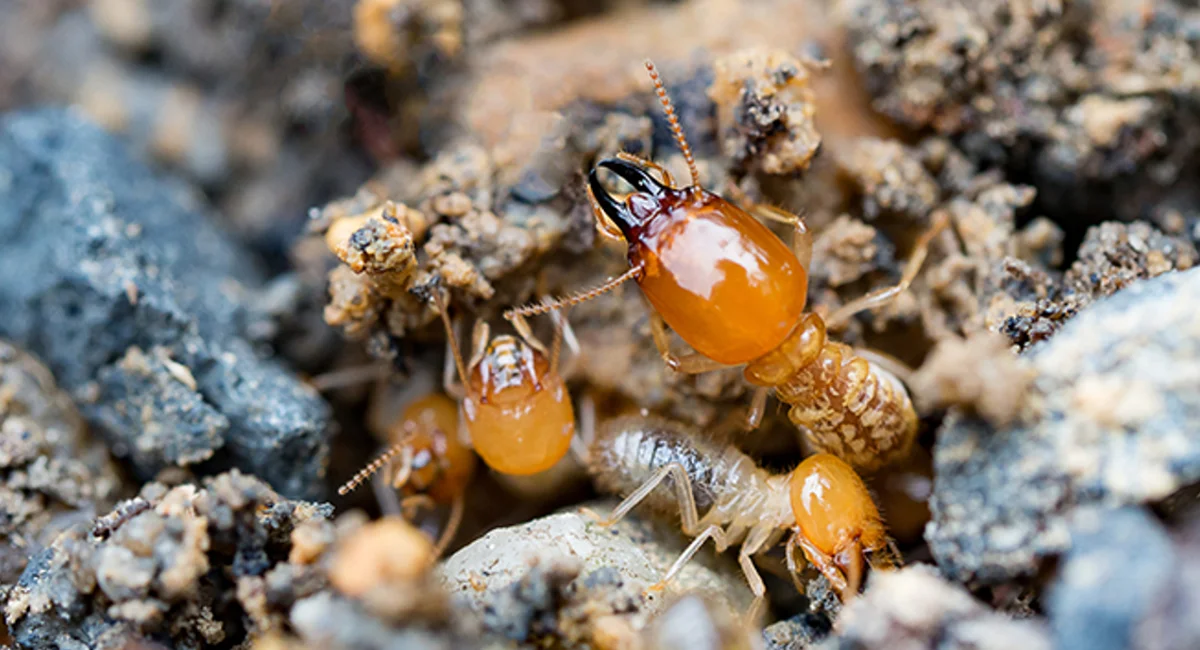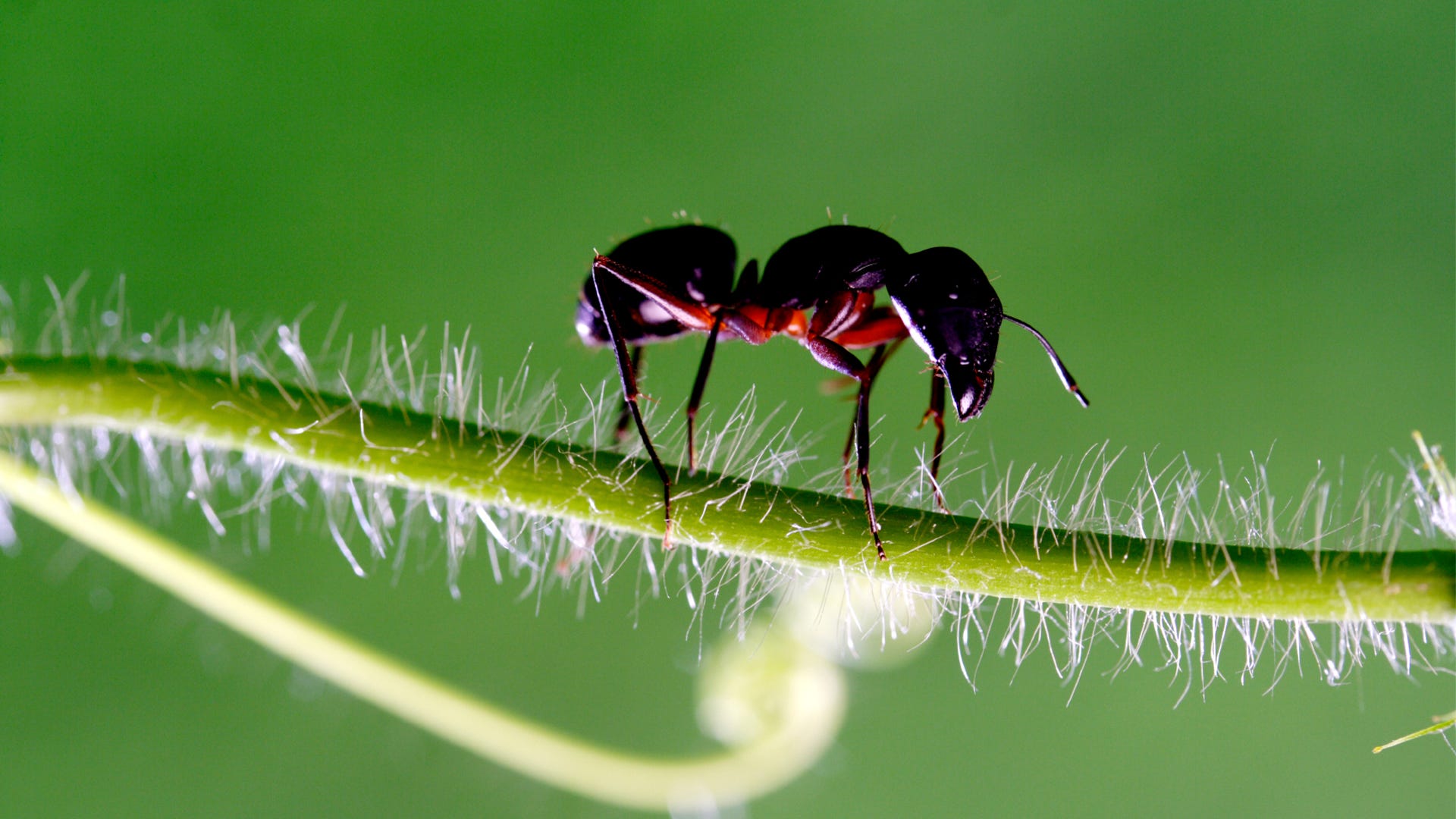Ecological Effect of Pest Control: Harmonizing Efficiency With Sustainability
The ecological effect of pest control is a vital issue that calls for a fragile equilibrium in between achieving effectiveness in taking care of insects and ensuring sustainability of our ecosystems. As we aim to protect our crops, homes, and health from the dangers positioned by parasites, the techniques we employ can inadvertently hurt the environment. From using damaging chemicals that seep right into our dirt and water to the unintended repercussions on non-target species, the consequences of standard parasite control methods are far-reaching. There are emerging techniques that use hope for a much more lasting method to pest monitoring. These services not only purpose to address the instant bug problems but likewise consider the long-lasting health and wellness of our earth.
Harmful Chemicals in Pest Control
The utilization of harmful chemicals in pest control postures significant ecological and wellness threats that call for cautious consideration and mitigation methods. Insecticides, chemicals, and herbicides are generally made use of to get rid of parasites, however their extensive application can cause unexpected repercussions. These chemicals can pollute soil, water resources, and the air, affecting not only the targeted parasites yet likewise helpful bugs, wildlife, and people.

To attend to these dangers, integrated insect administration (IPM) methods are being promoted as a more sustainable choice. IPM entails a combination of methods such as biological control, habitat manipulation, and the targeted usage of chemicals as a last resort (ant control bessemer city nc). By taking on an alternative method to pest control, we can minimize the ecological and health influences related to damaging chemicals while effectively taking care of pest populations
Effect On Non-Target Variety
Taking into consideration the unexpected consequences of parasite control techniques, the effect on non-target species is a crucial aspect that needs extensive analysis. While parasite control steps intend to target specific parasites, other microorganisms in the ecosystem might be inadvertently impacted. Non-target varieties, including advantageous bugs, birds, animals, and also plants, can endure indirect or straight damage from pesticide applications or biological control techniques.
Pesticides can have lethal or sub-lethal results on non-target types. As an example, insecticides made to battle a particular insect bug might damage pollinators like or natural predators such as ladybugs. Additionally, chemical residues can collect in the environment, affecting non-target microorganisms over time. Likewise, organic control representatives, if not species-specific, can posture dangers to unintentional targets, disrupting the eco-friendly equilibrium.
To alleviate the influence on non-target varieties, integrated insect management (IPM) approaches that stress an alternative technique to pest control are suggested. These approaches focus on the use of eco-friendly methods, decreasing injury to beneficial microorganisms while effectively taking care of pest populaces. Conducting comprehensive danger evaluations and keeping an eye on the outcomes of insect control initiatives are essential action in securing non-target species and promoting general community health.
Soil and Water Contamination
Unintentional environmental effects of pest control methods extend beyond affecting non-target species, with considerable effects for dirt and water contamination - ant control services. Pesticides, herbicides, and chemical fertilizers used in parasite control can seep right into the soil and contaminate groundwater, posing a danger to both marine and terrestrial ecological communities.
Water contamination is another essential problem connected with bug control practices. To alleviate dirt and water contamination from bug control activities, incorporated insect management approaches that focus on sustainability and decrease chemical inputs are vital.
Air Pollution From Chemical Use
Direct exposure to airborne pesticides throughout farming applications presents a significant concern for air contamination control steps. Furthermore, chemical drift, where pesticides are lugged by the wind to unintended locations, can lead to the contamination of close-by ecological communities and water bodies.

Strategies for Sustainable Pest Control
In the realm of agricultural methods, applying lasting pest control strategies is extremely important for maintaining environmental balance and securing plant returns. Lasting bug control emphasizes the usage of eco-friendly approaches to manage pest populations effectively while decreasing damage to non-target organisms and ecological communities. Integrated Bug Administration (IPM) is a commonly embraced strategy that combines biological, cultural, physical, and chemical control approaches to attain lasting bug administration options.
One trick strategy in lasting parasite control is advertising biodiversity within agroecosystems. By improving natural enemies of pests, such as parasitoids and killers, farmers can lower the requirement for artificial chemicals. Crop rotation and diversity are additionally reliable methods to interrupt pest life cycles and develop much less positive conditions for bugs to flourish. Furthermore, using pest-resistant plant varieties and using strategies like catch chopping can aid decrease insect stress without counting greatly on chemical interventions. Ultimately, by incorporating these sustainable pest control approaches, farmers can accomplish a balance in between pest management effectiveness and environmental stewardship.
Verdict
In verdict, the environmental effect of parasite control methods need to be meticulously considered to balance efficiency with sustainability. Dangerous chemicals used in insect control can cause dirt and water contamination, air contamination, and injury non-target species - termite control services. It is vital to implement sustainable bug control approaches to reduce these negative results on the environment and advertise a healthier community for future generations
By adopting an all natural technique to pest control, we can minimize the environmental and health effects connected with harmful chemicals while efficiently handling pest populaces.

To minimize the air pollution created by pesticide usage, it is important to take on integrated bug management strategies that focus on the use of non-chemical parasite control methods, such as plant turning, natural killers, and resistant plant ranges. Lasting bug control emphasizes the use of eco pleasant methods to handle pest populations efficiently while minimizing damage to non-target microorganisms and communities. Integrated Pest Administration (IPM) is a widely taken on approach that integrates biological, social, physical, and chemical control methods to accomplish lasting parasite management services.
Comments on “Specialist Termite Control Services: Guard Your Home from Termite Damages”